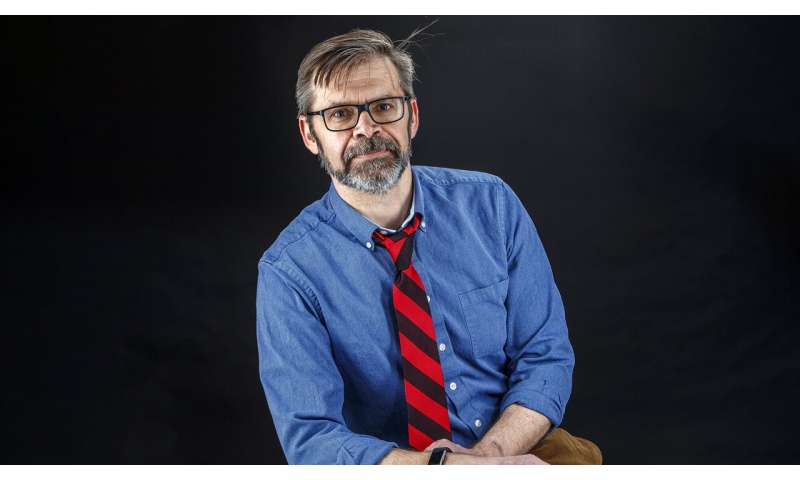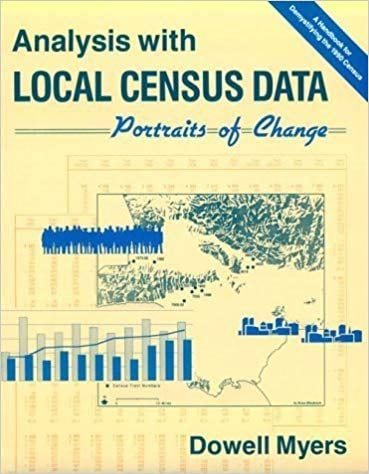EP 352 Traffic Gridlock Choking America
Let’s be honest, it seems to be getting harder and harder to get around in this country. So much so that the skies above major metropolises like Los Angeles are filled with commuters in helicopters, like the one that went down recently killing Kobe Bryant, his daughter, Gigi, and eight other persons. The situation is bad and there’s no silver bullet answer. And yet the long awaited infrastructure bill is another hostage of a divided nation. So our most congested cities, like Boston, New York, Atlanta and Los Angeles, work to find their own blend of tolling, congestion pricing, mass transit and highway and street improvements to patch a surface transportation network which America’s Civil Engineers awarded a grade of D-. What we are doing, or not doing, is costly, frustrating and inefficient. And while changes are measured in years and decades, you wonder how long bubble gum and band-aids can keep our daily commutes from sinking our economic fortunes…and ruining our lives. Nicole Gelinas, of the Manhattan Institute, has been thinking and writing about this issue and joins us on this podcast.
Podcast: Play in new window | Download








